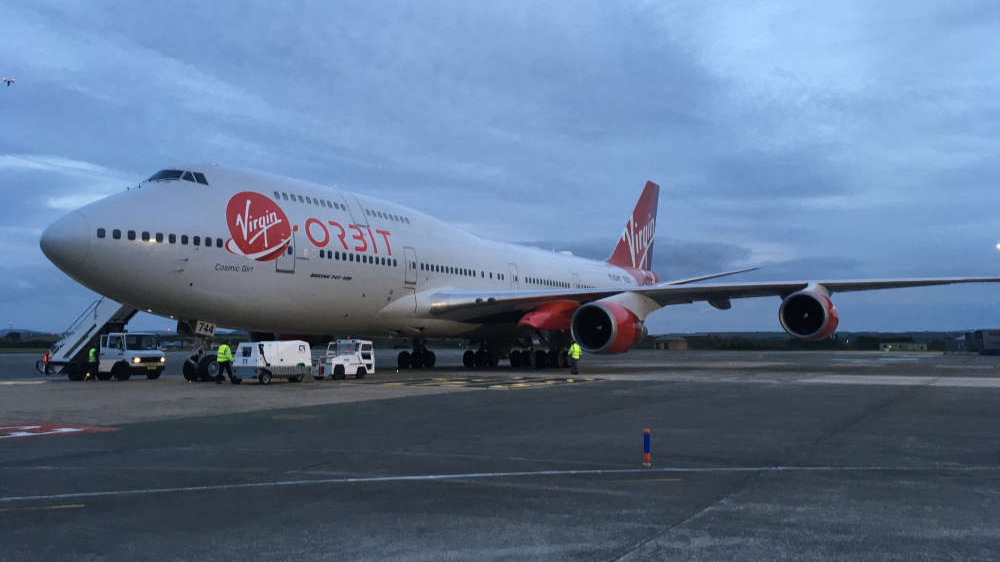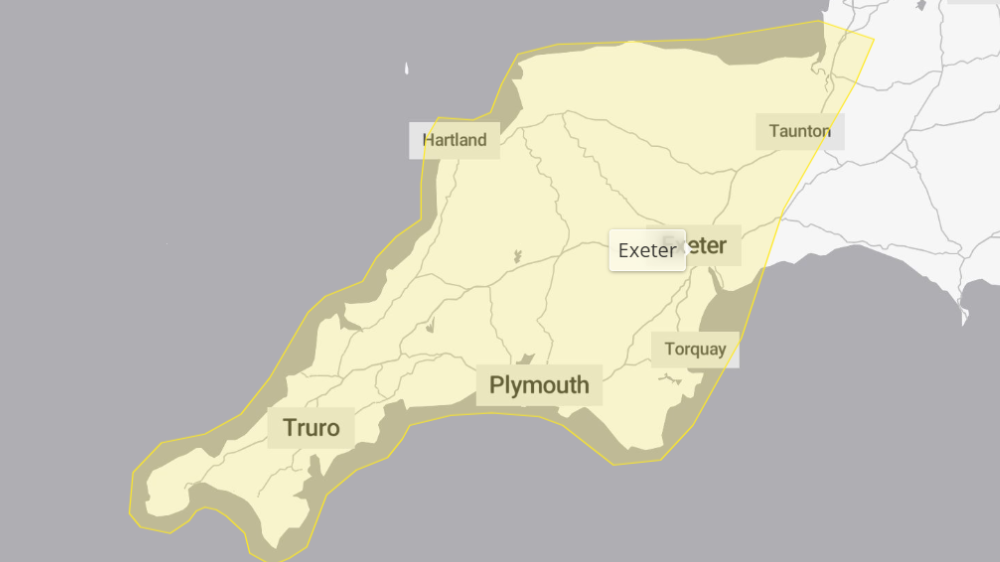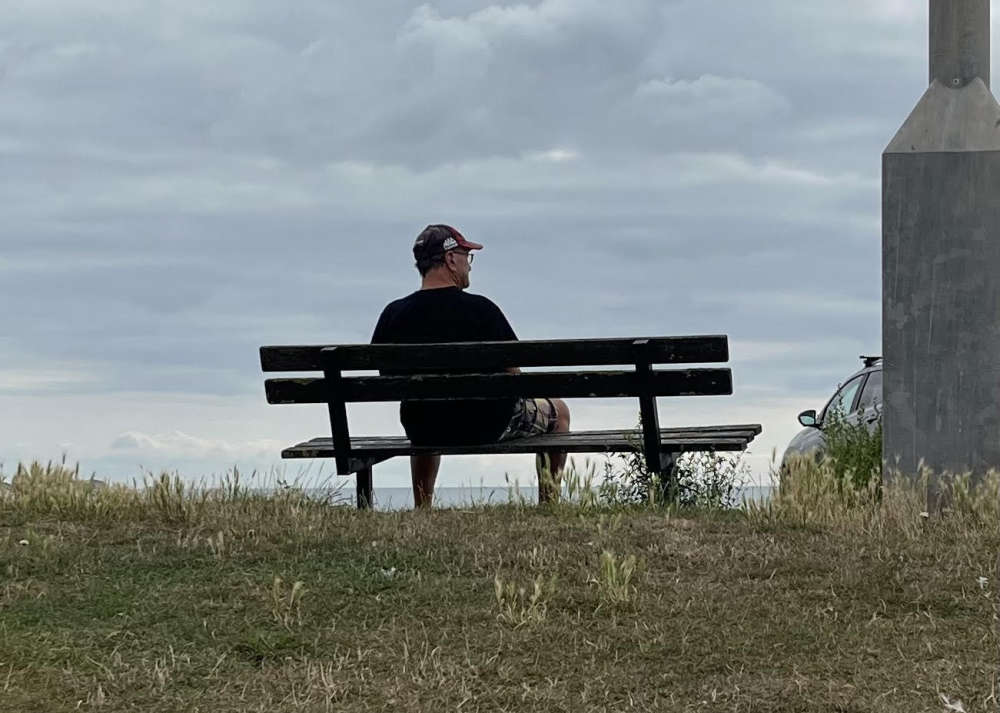
More than 100 cases last year, according to NSPCC
Data obtained by the NSPCC shows 109 offences of sexual communication with a child were recorded by Devon and Cornwall Police in the year to April 2019, compared with 58 in the previous year.
In England and Wales there were 4,373 offences of sexual communication with a child recorded in the year to April 2019 compared with 3,217 in the previous year. The offence came into force on April 3, 2017, following a campaign by the charity.
The data obtained from 43 police forces in England and Wales under Freedom of Information laws also revealed that, where age was provided, one in five victims were aged just 11 or younger.
In 2018/19 in England and Wales the number of recorded instances of the use of Instagram, which is owned by Facebook, was more than double that of the previous year.
Overall in the last two years nationally, Facebook-owned apps (Facebook, Messenger, Instagram, WhatsApp) and Snapchat were used in more than 70% of the instances where police recorded and provided the communication method.
Instagram was used in more than a quarter of them. Facebook - which owns Instagram - says there's no place for grooming or child exploitation on its platforms.
The Government has indicated it will publish a draft Online Harms Bill early next year, following the NSPCC’s Wild West Web campaign. The proposals would introduce independent regulation of social networks, with tough sanctions if they fail to keep children safe on their platforms.
A Government spokesman said: "Grooming children online is a sickening crime and the Government is committed to stamping it out.
"We have taken strong action to tackle this vile abuse, from developing AI tools to identify and block grooming conversations to our online harms white paper, which will place a legal duty of care on social media companies to protect their users."
Peter Wanless, NSPCC Chief Executive, said: “It’s now clearer than ever that Government has no time to lose in getting tough on these tech firms.
“Despite the huge amount of pressure that social networks have come under to put basic protections in place, children are being groomed and abused on their platforms every single day. These figures are yet more evidence that social networks simply won’t act unless they are forced to by law. The Government needs to stand firm and bring in regulation without delay.”
The NSPCC’s Wild West Web campaign is calling for social media regulation to require platforms to:
Take proactive action to identify and prevent grooming on their sites by:
- Using Artificial Intelligence to detect suspicious behaviour
- Sharing data with other platforms to better understand the methods offenders use and flag suspicious accounts
- Turning off friend suggestion algorithms for children and young people, as they make it easier for groomers to identify and target children
- Design young people’s accounts with the highest privacy settings, such as geo-locators off by default, contact details being private and unsearchable and livestreaming limited to contacts only.
 Rocket builder careers in Cornwall to soar
Rocket builder careers in Cornwall to soar
 'Twas the weather warning before Christmas
'Twas the weather warning before Christmas
 Police watchdog investigates after fatal Plymouth crash
Police watchdog investigates after fatal Plymouth crash
 Torbay memorial bench prices top London's
Torbay memorial bench prices top London's
 There’s No Place Like an Exeter Panto
There’s No Place Like an Exeter Panto
 Festive fanatic launches 'one song' Christmas station
Festive fanatic launches 'one song' Christmas station
